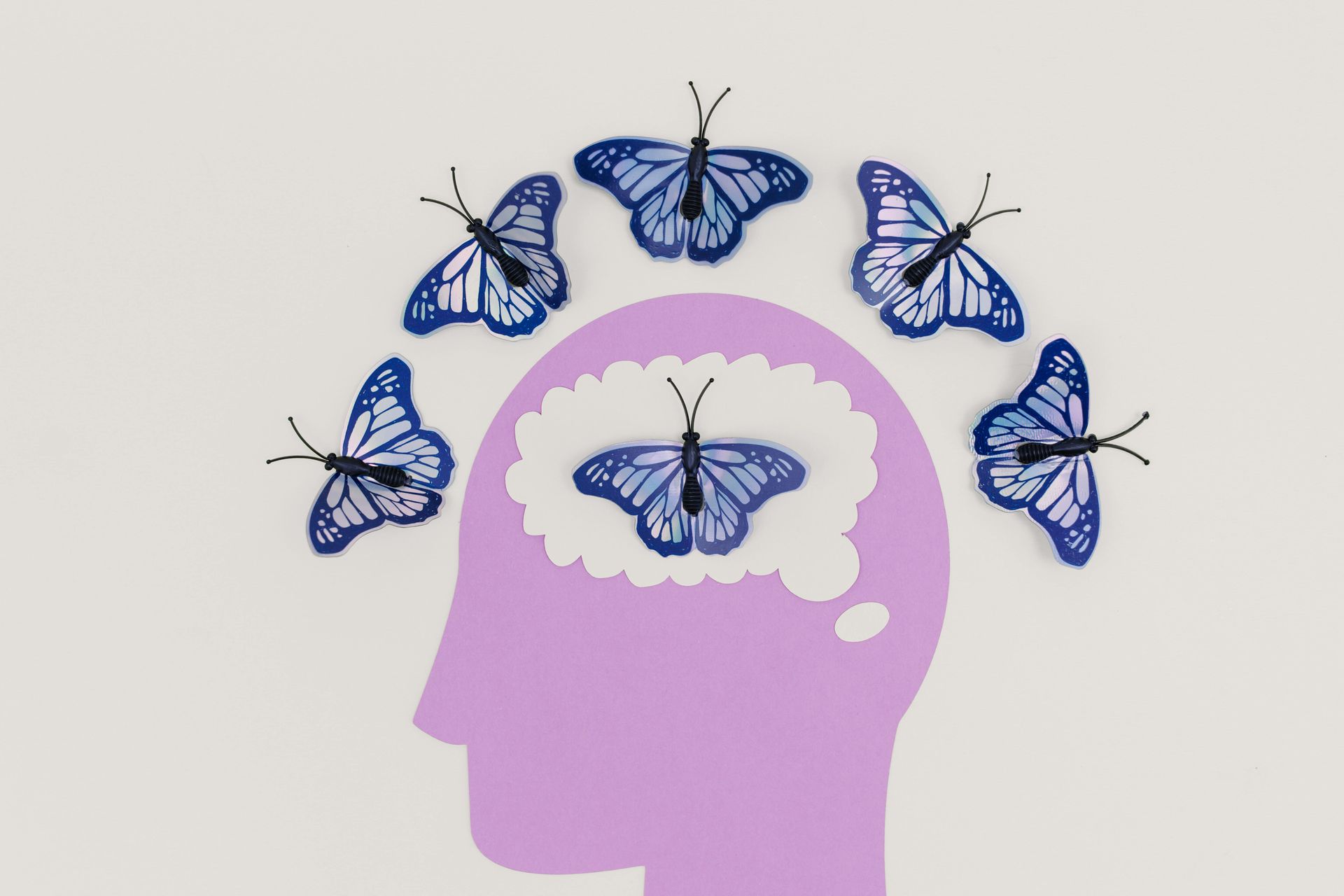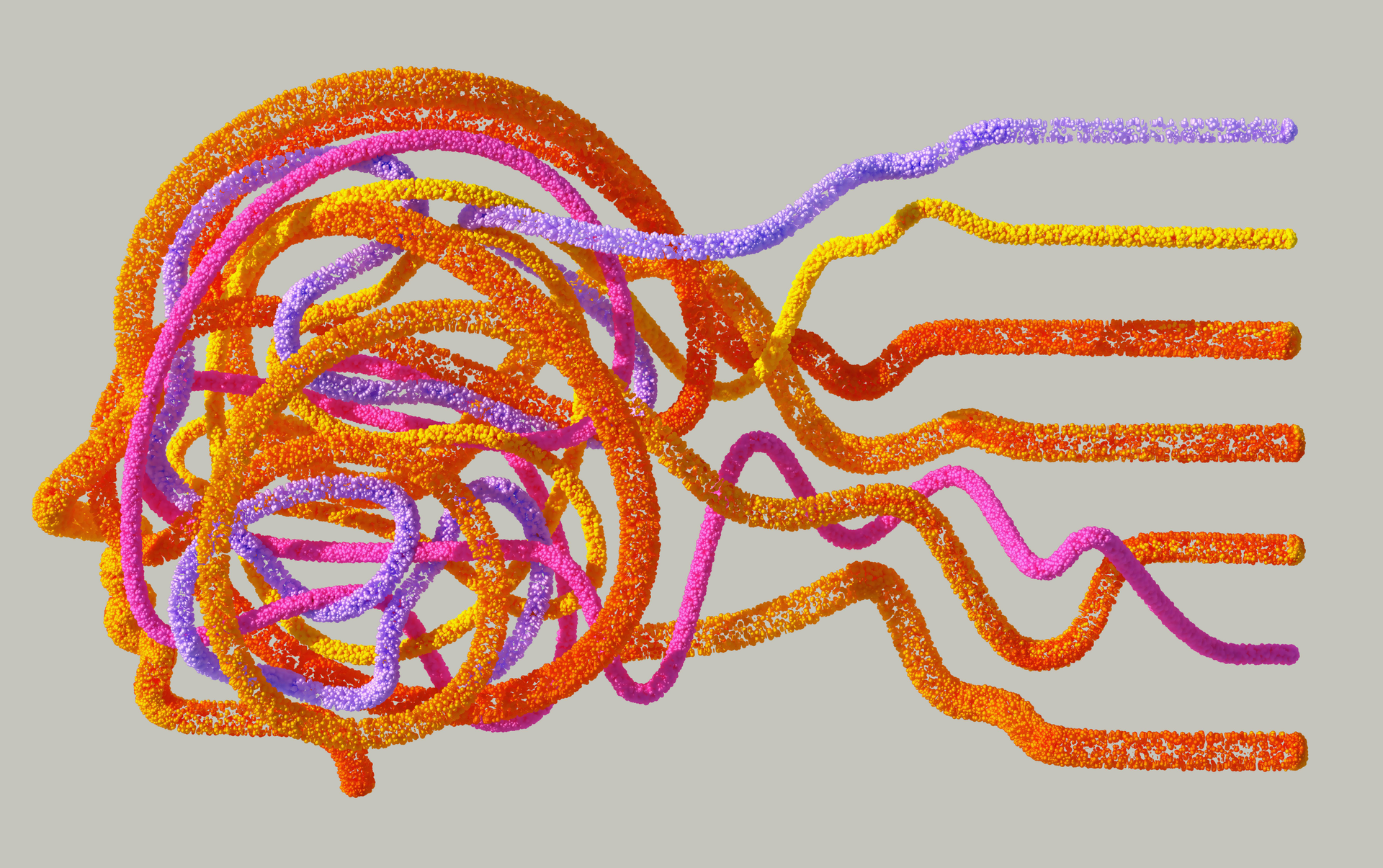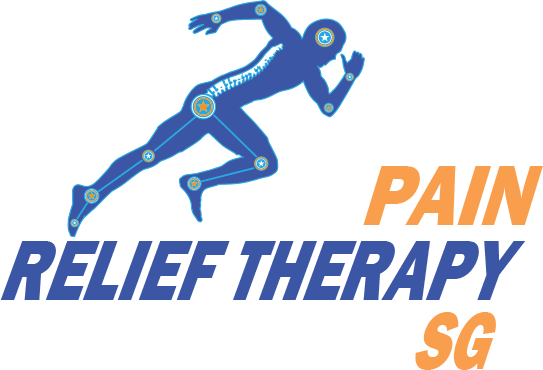
Stress shows up physically long before it becomes emotional. Our sessions support your body through:
• Cranial Therapy
• Nervous-system focused therapy
• Breathing re-education
• Somatic and fascial techniques
• Gentle mobility work
• Ergonomic and lifestyle guidance
This approach may help reduce tightness, improve sleep, deepen breathing, and support a calmer, more grounded state.
Stress, Tension & Overwhelm Are More Common Than You Think
Stress affects how you breathe, how you hold yourself, and how much tension you carry. Many clients come to us with tight shoulders, lower back stiffness, jaw clenching, or poor sleep — all signs of a nervous system working too hard.
At Pain Relief Therapy Singapore, we offer gentle, evidence-informed techniques to help your body reset. Through nervous-system focused therapy, breathing guidance, and slow fascial techniques, we support your body in moving from tension to ease.
A calmer nervous system means better posture, better mobility, and a more comfortable daily life.

Stress Doesn’t Only Affect the Mind — It Affects the Entire Body
Stress shows up in many subtle ways. You may feel it as:
• Tight neck and shoulders
• Lower back stiffness
• Heavy head or pressure
• Jaw clenching or teeth grinding
• Shallow breathing
• Restless sleep
• Fatigue
• A sense of being “on edge”
The body responds to stress long before the mind catches up. When the nervous system stays in a heightened state for too long, it influences posture, movement, and overall comfort.
Our stress-support sessions may include:
• Nervous-System Focused Therapy
Soft, rhythmic manual techniques that send calming signals to the body.
• Breathing Re-education
Simple breathing guidance to support relaxation and reduce tension.
• Somatic & Fascial Therapy Techniques
Slow, gentle methods that help the body release guarded tension and recognize safety.
• Gentle Movement & Mobility Work
Movements that support posture, improve circulation, and regulate the vagus nerve.
• Lifestyle & Ergonomic Suggestions
Practical adjustments to reduce everyday strain, especially for desk workers or individuals with high workloads.
Benefits You May Experience
Clients often share improvements such as:
• A calmer, steadier emotional state
• Reduced neck, shoulder, and back tightness
• Improved quality of sleep
• Deeper, fuller breathing
• Better focus and clarity
• Less “stress stiffness”
• A sense of groundedness and ease

Your nervous system sets the tone for how your body feels. When it starts to settle, tension softens, movement improves, and your body feels more spacious and supported.
Why Stress Support Matters for Pain Relief
Stress and pain share similar pathways in the nervous system.
When stress rises, pain sensitivity can rise as well.
By helping the body shift into a more restful state, we support:
• Better mobility
• Reduced muscular guarding
• Improved posture
• Longer-lasting physical relief
This creates a strong foundation for both comfort and resilience.
Who This Service Is For
This approach may be helpful if you experience:
• Work-related stress
• High mental load or burnout
• Chronic tension or tightness
• Difficulty relaxing
• Trouble sleeping
• Posture strain from long hours sitting
• Feeling “stuck” or overwhelmed
Our space is designed to be quiet, comfortable, and grounding — a place where your nervous system can reset.
A Safe Space to Unwind & Restore
Stress therapy is not about pushing the body; it’s about guiding it.
We invite you to experience a session where your body is heard, your mind is supported, and your system is allowed to recover.
If you’re ready to feel lighter, calmer, and more balanced, our team is here to support you.
CALL +6587141543 TODAY TO SCHEDULE YOUR FIRST APPOINTMENT



